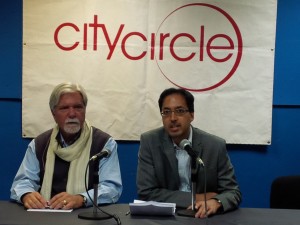Feb 2015
Reflection on January’s theme: Awakened Being is attention guided by the Heart in everyday life. Surely we are immersed in everyday life for a reason? But reason often appears when we stop searching for it. Rumi says, ‘If you are too careful, Love will not find you.’ Looking aside from the bright star we see [...]




